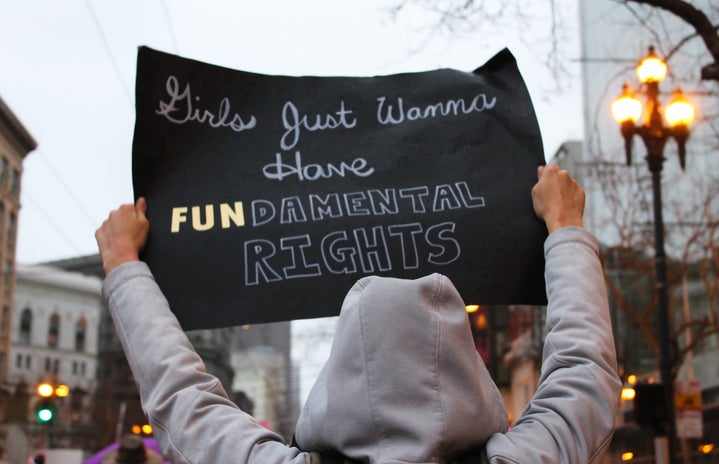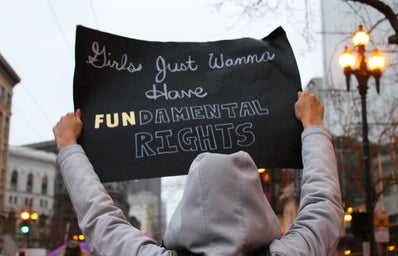Feminism is a concept often deemed controversial and talked among most with avoidance and censorship. However, with pride, I call myself a feminist: an advocate and active supporter for the reforms of gender issues and for equity and equality.
I was born in an educated, middle-class, conservative Vietnamese family in Ho Chi Minh city. The Vietnamese culture is complex, to say the least. We are most known for strict traditions, the facade of perfection, and a false sense of community. I embrace my identity of being a Vietnamese female; but there are parts of it that are difficult, a result of issues in my culture.
Throughout my childhood, I was imbued with the message that my end goal in the long journey of life is marriage, wifedom, motherhood. It is assumed that I am to be inferior in intelligence and academic or professional success, but to be superior in traditional crafts associated with females, including cooking, crafting, and sewing. It is dictated that if I were to explore my sexuality, I am somehow less pure and innocent for doing so—that I am to be a single, unhappy whore for the rest of my days. I am taught to be the perfect homemaker while males my age are taught to expect and rely on that. It is accepted that I should endure this treatment because I am a young woman of color. It is implied that I endure this treatment because I am a young woman of color.
This is unacceptable to me.
Moving to America was challenge but rewarding. Doors of opportunities to opened, sights to behold, knowledge to learn. Maybe it’s precisely because I was not raised here, but I recall being the only student in my high school history class doe-eyed and fascinated by the mystifying narrative of this country: that it’s a land of equality, that equality will always be fought for. The feminist movement of the 1960s especially captivated me. It completely shifted my perspective of society. As foreigners, we see America as the land of freedom and opportunities, yet it is difficult to grasp the history of the corruption and the revolutions fought by the previous generations to bring this land to where it is now. Women did not (and in some cases, still do not) have an equal or sustainable wage for essentially the same jobs as men, or the protection from sexual violence and harassment, or reproductive rights and more. They had to be fought for, something seen prominently in the movements of the 1960s.
I realized then that all the way across the sea, I had been fighting the same fight in my heart, longing for the same freedom from shackles that try to dictate what it means to be a woman. I started seeing injustices, subtle or not, everywhere I went, everywhere I looked. I no longer felt that I can be satisfied with the label of a conventional female that everyone pushed on me.
Innovation, as synonymous as change, renovation, transformation, revolution, is defined to be new and creative ideas and thoughts in the forms of devices or methods applicable to assist society or individuals. My realization became my revolution. I am no longer here to have others define me, what it means to be a woman, what I can and can’t do. I’m not here to debate, or justify, or beg. I am here to demand, to fight, to be.



